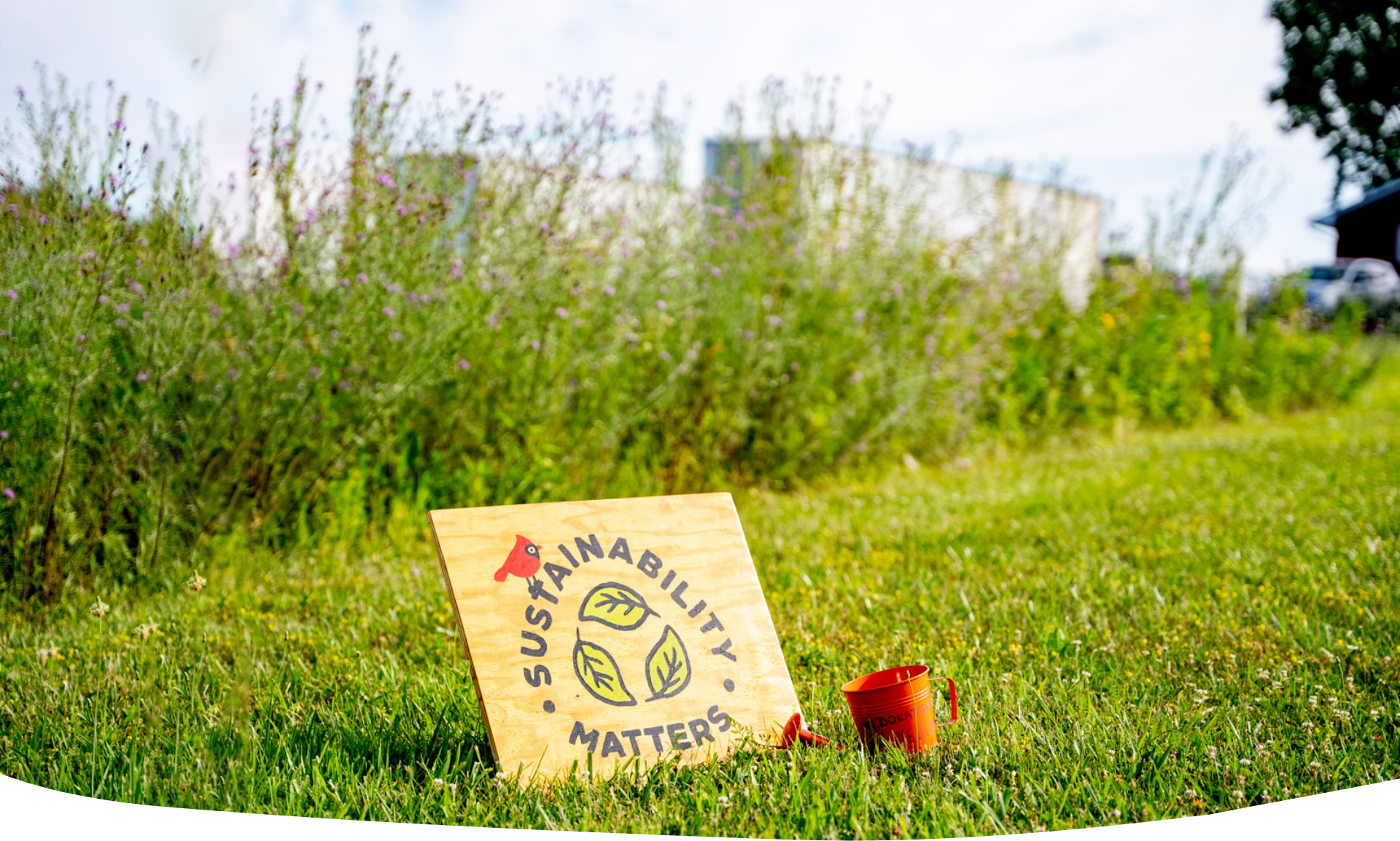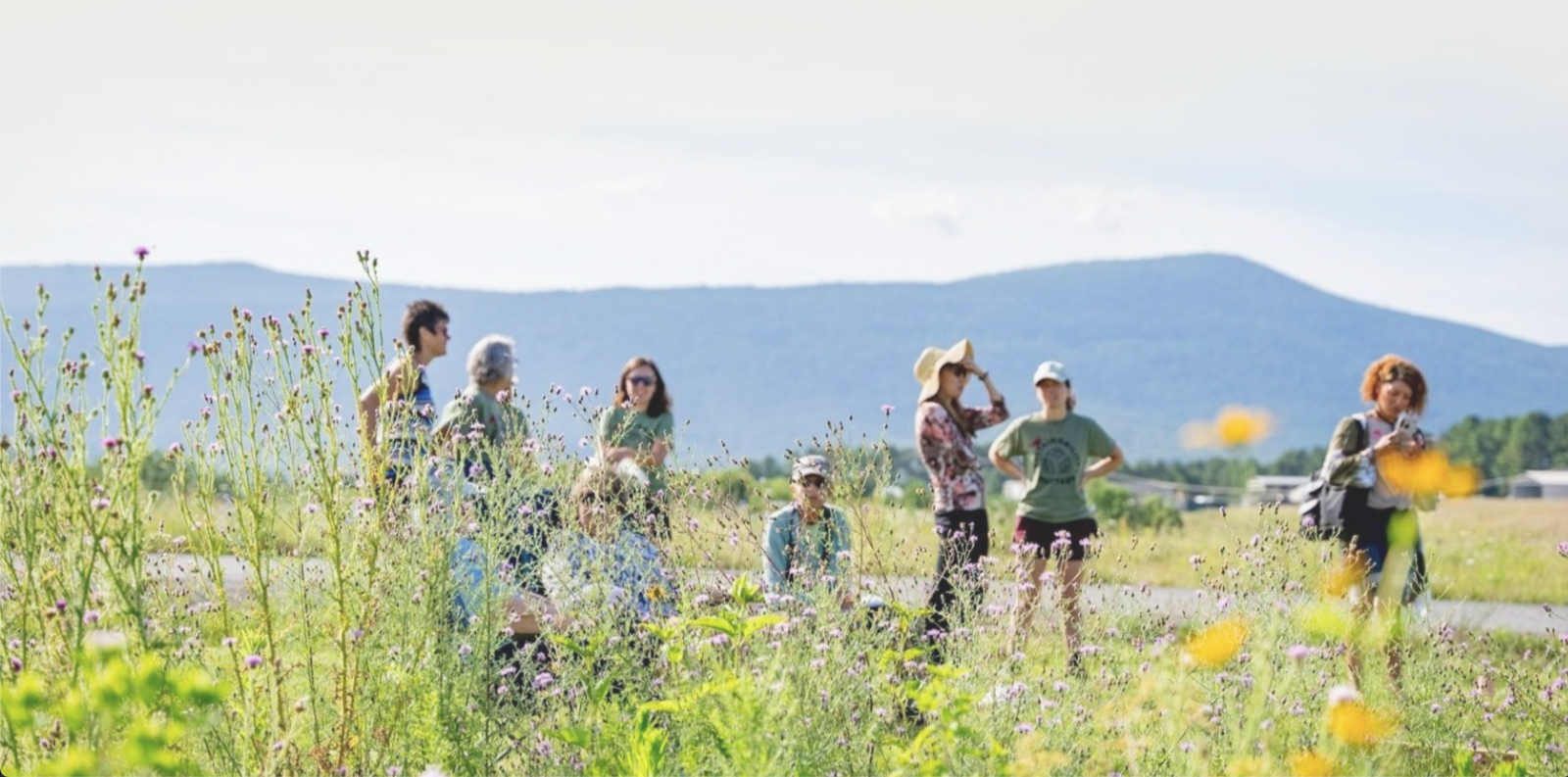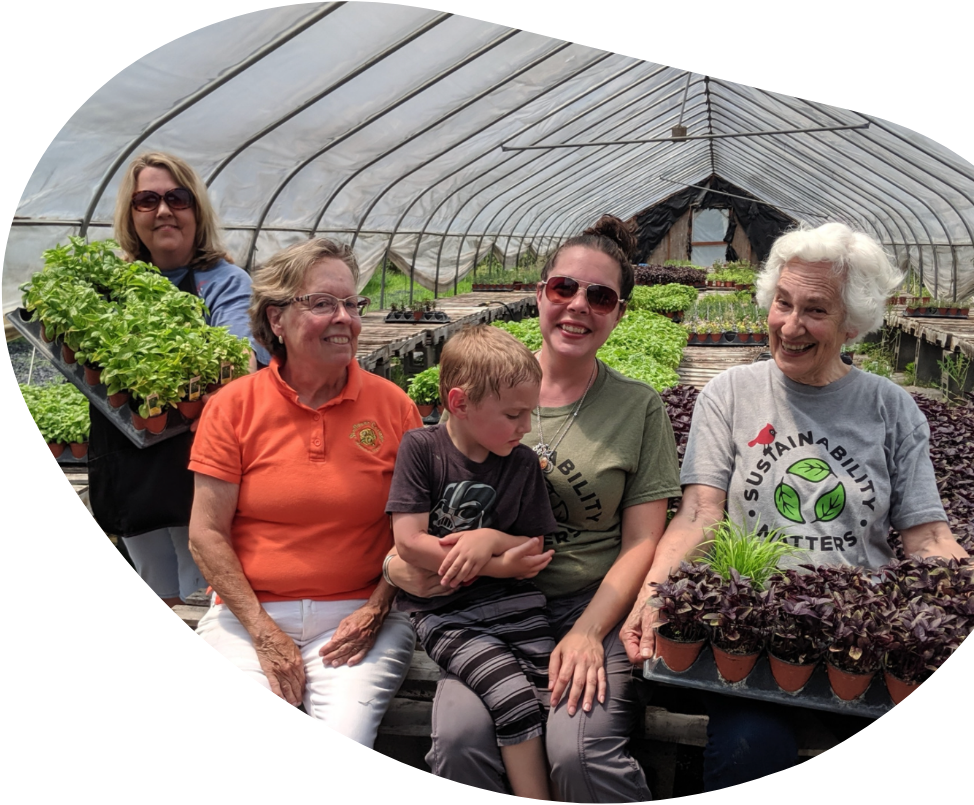
Sustainability Matters
seriously making sustainability fun
We’re a Virginia grown grassroots nonprofit, cultivating community through conservation.
We bring sustainability to unexpected places. Whether it’s planting native wildflower meadows at landfills, teaching novice gardeners to grow their own food, or helping farmers access funding for conservation practices, we empower individuals, families, and communities to help the environment while helping themselves.

8
Years
275+
Programs
25,000
Participants
150
Volunteers

People powered
Community support powers Sustainability Matters; there’s no big money or national organization behind us. Through sheer hard work and a passion for bridge building, we’ve forged dozens of partnerships with federal and state agencies, fellow nonprofits, towns, counties, universities, farms, and businesses. We’ve also nurtured a family of hundreds of individual volunteers and donors who make possible our local festivals and workshops, global webinars, and trailblazing projects like Making Trash Bloom. If you believe sustainability matters, get involved!
Help us help the birds, the bees, the trees...and you.















